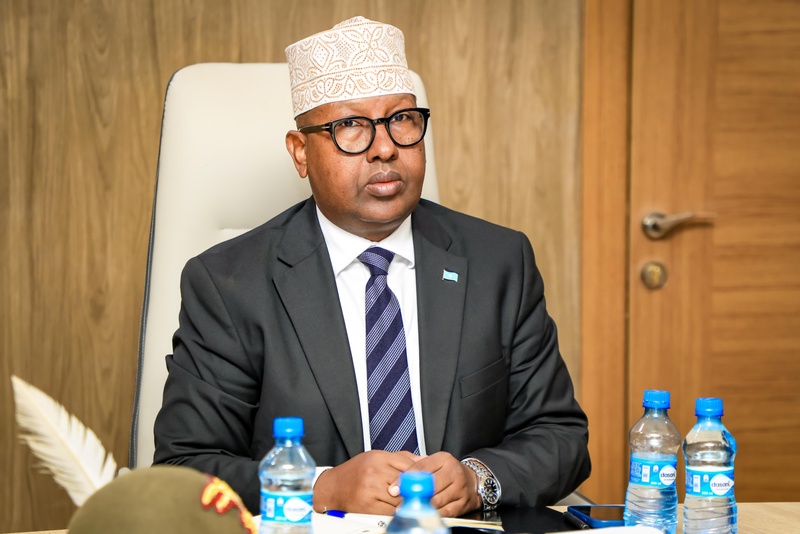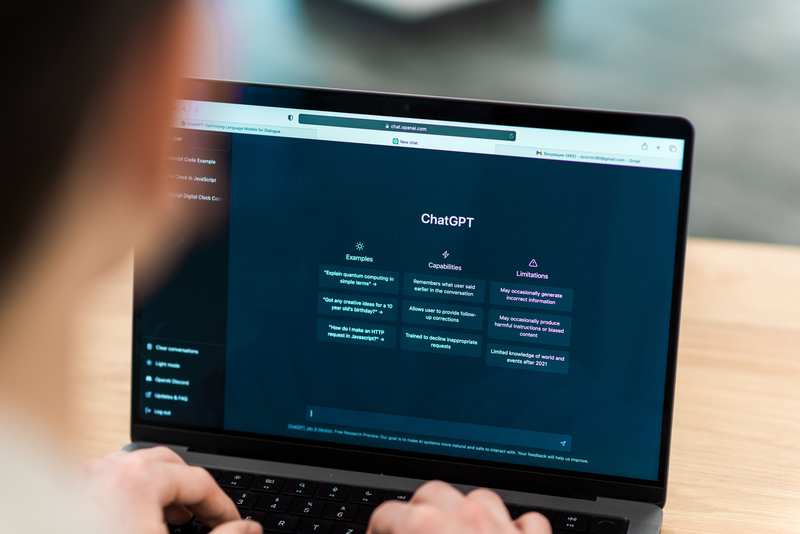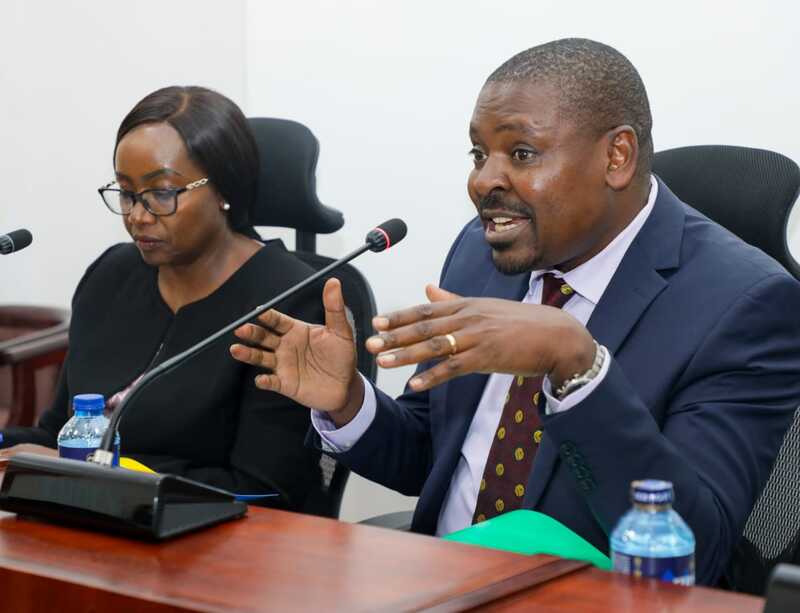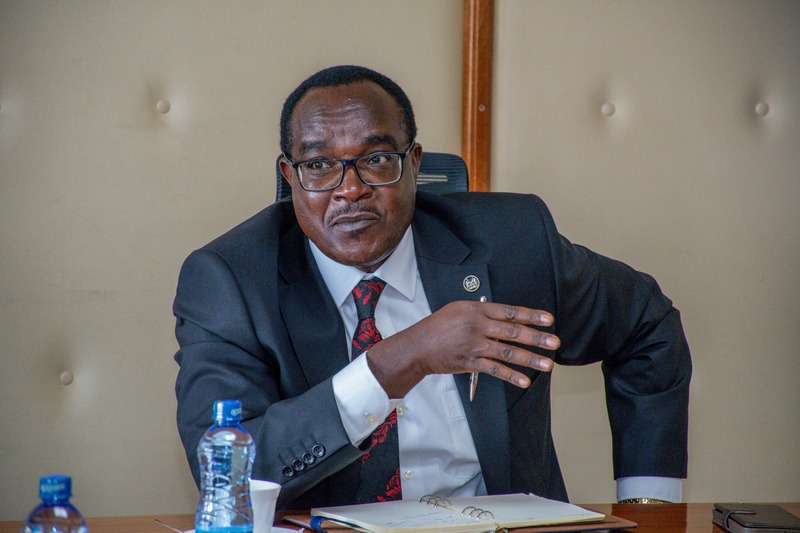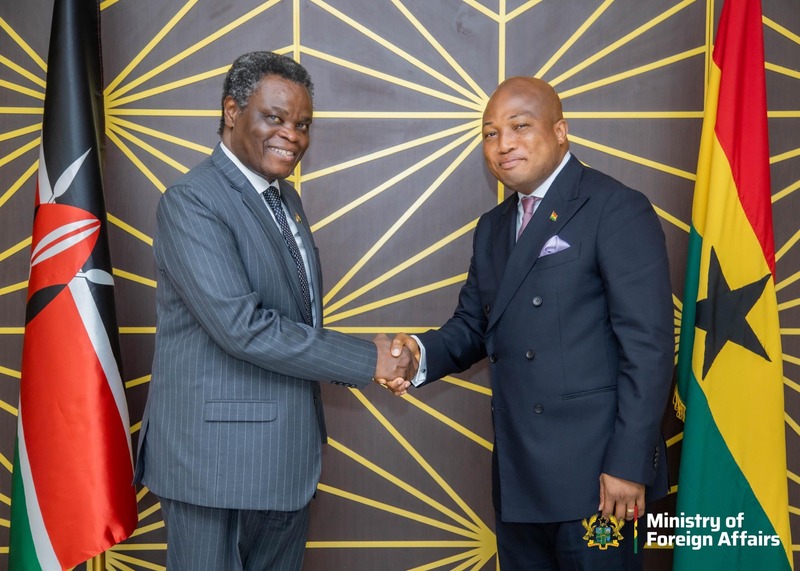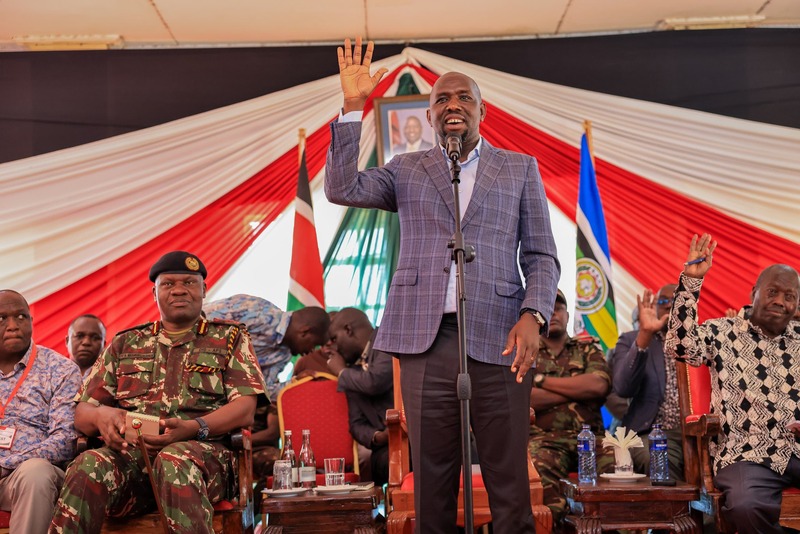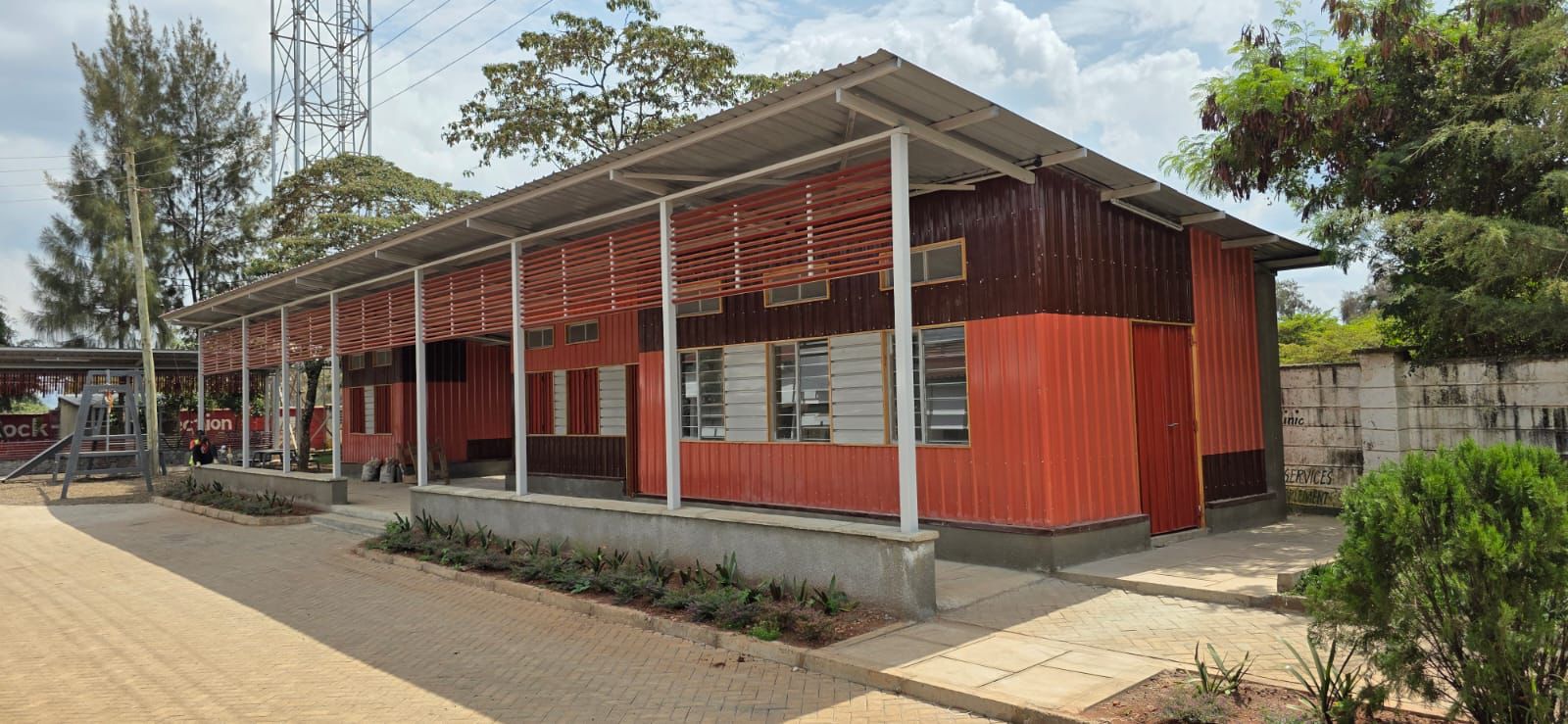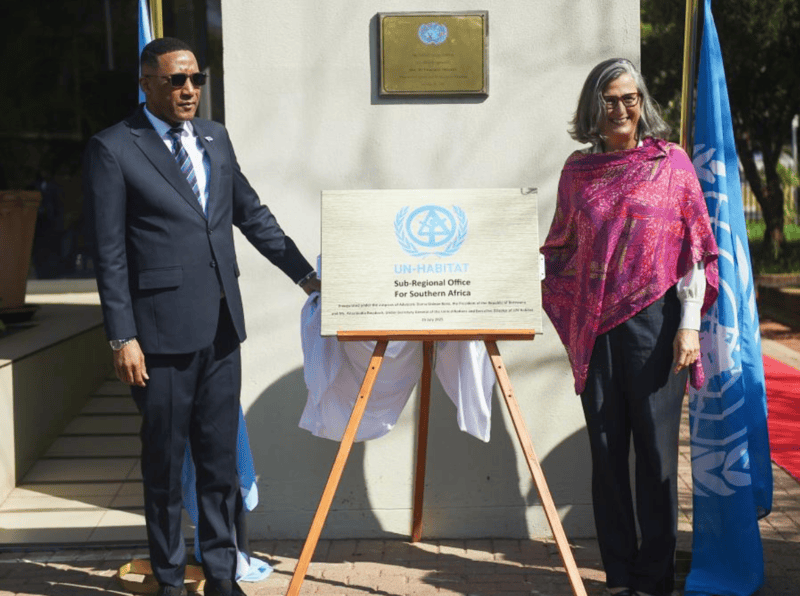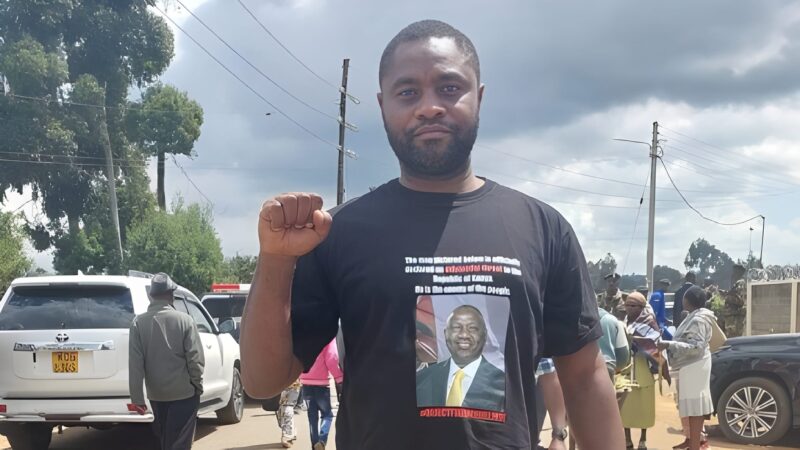Governors slam treasury over free education funding cuts
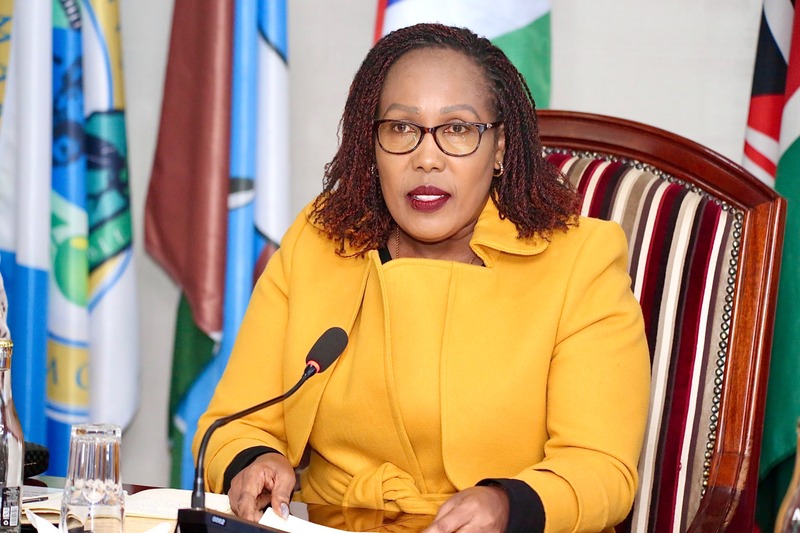
The backlash follows Mbadi’s appearance before the National Assembly’s Education Committee, where he revealed that capitation for secondary school students had been reduced from Sh22,244 to Sh16,900 per learner.
The Council of Governors (CoG) has criticised Treasury Cabinet Secretary John Mbadi over remarks suggesting the possible scrapping of the free education programme, warning that such a move would undermine the principle of equity and deny vulnerable children the chance of a better future.
CoG CEO Mary Mwiti said the proposal signalled a troubling shift in the government’s commitment to inclusive education.
More To Read
- CS Mbadi fires back at critics over school capitation shortfall, pins blame on Parliament
- CS John Mbadi pledges permanent placement for 20,000 intern teachers from January 2026
- Kipchumba replaces Mbadi in National Assembly as IEBC reallocates special seats
- Free education here to stay- PS Julius Bitok clarifies after uproar
- CS Mbadi under fire for saying State can’t fully fund free education
- Counties receive Sh7 billion to invest in green projects
“If there is no free education so that the vulnerable and the poor in the community can at least have hope, then we should not be speaking about equity,” Mwiti stated. “If there’s no capitation for our children, as stated by the Finance Minister, then the question is: what remains for the poor children of this country?”
The backlash follows Mbadi’s appearance before the National Assembly’s Education Committee, where he revealed that capitation for secondary school students had been reduced from Sh22,244 to Sh16,900 per learner. He cited Kenya’s ballooning debt and constrained fiscal space as the reasons behind the cuts, adding that the current free education model was financially unsustainable.
Data presented in Parliament showed that only 50 per cent of Term One capitation had been disbursed to schools. Additionally, funding for co-curricular activities in primary schools has been nearly halved, with pupils now receiving just Sh36 instead of the intended Sh76.
Members of the Education Committee sharply criticised the National Treasury over persistent delays in releasing capitation funds, underfunding of key education programmes, and the alleged diversion of funds to non-existent or “ghost” schools.
During a session chaired by Committee Vice-Chairperson Eve Obara, MPs demanded answers over funding shortfalls, inequitable distribution of infrastructure funds, and growing frustration among school heads forced to operate on unrealistic budgets.
“The problem we’re facing is the growing gap between what schools expect to receive and what they actually get,” said Emuhaya MP Omboko Milemba.
“We are promised Sh22,000 per learner, but the reality is far less. This is creating financial confusion in schools. You are creating a crisis in schools. Let’s be honest with headteachers about what to expect.”
In a bid to calm rising anxiety, Basic Education Principal Secretary Julius Bitok clarified that the government remains committed to the Free Education Programme. He said the Ministry of Education would engage Parliament to advocate for increased allocations to cover capitation and examination costs.
“I want to assure the country that the policy on free primary and secondary education has not changed. The Government will continue financing education through capitation as it has done over the years,” said PS Bitok.
Top Stories Today

